Parents in Oconomowoc asked what they could do to help their children understand, accept and celebrate their overexcitabilities.
Here's one perspective from SENG. I've summarized it but you can read the entire article by Sharon Lind on the SENG website here.
HOW PARENTS CAN HELP THEIR OE CHILDREN
(It's good to remember that OE people living with other OE people often have more compassion and understanding for each other, but may feel conflicts when their OEs are not to the same degree.)
Discuss the concept of overexcitability
Share the descriptions of OEs. Ask individuals if they see themselves with some of the characteristics. Point out that being OE is OK and it is understood and accepted.
Focus on the positives
Discuss the positives of each OE. Benefits include being energetic, enthusiastic, sensual, aesthetic, curious, loyal, tenacious, moral, metacognitive, integrative, creative, metaphorical, dramatic, poetic, compassion-ate, empathetic, and self-aware.
Cherish and celebrate diversity
OE is just one more description of who they are, as is being tall, or Asian, or left-handed. Since OEs are inborn traits, they cannot be unlearned!
Provide opportunities for people to pursue their passions. This shows respect for their abilities and intensities and allows time for them to “wallow” in what they love, to be validated for who they are.
Removing passions as consequences for inappropriate behavior has a negative effect by giving the message that your passions, the essence of who you are, are not valuable or worthy of respect.
Use and teach clear verbal and nonverbal communication skills
Verbal-listening, responding, questioning, telephoning, problem solving, and nonverbal-rhythm and use of time, interpersonal distance and touch, gestures and postures, facial expressions, tone of voice, and style of dress.
Verbal and nonverbal strategies improve interpersonal communication and provide the skills individuals need to fit in when they wish to, to change the system if necessary, and to treat others with caring and respect.
Teach stress management from from toddlerhood on
OE individuals have increased stress reactions because of their increased reception of and reaction to external input. Key components:
learn to identify your stress symptoms: headache, backache, pencil tapping, pacing, etc.
develop strategies for coping with stress: talk about your feelings, do relaxation exercises, change your diet, exercise, meditate, ask for help, develop organizational and time management skills and
develop strategies to prevent stress: make time for fun; develop a cadre of people to help, advise, humor you; practice tolerance of your own and others’ imperfections.
Create a comforting environment whenever possible
Intense people need to know how to make their environment more comfortable in order to create places for retreat or safety.
For example:
find places to work or think which are not distracting,
work in a quiet or calm environment,
listen to music,
look at a lovely picture
carry a comforting item
move while working
wear clothing that does not scratch or cling.
Learning to finesse one’s environment to meet one’s needs takes experimentation and cooperation from others, but the outcome will be a greater sense of well-being and improved productivity.
Help to raise awareness of behaviors and their impact on others
Paradoxically, OE people are often insensitive and unaware of how their behaviors affect others. They may assume that everyone will just understand why they interrupt to share an important idea, or tune out when creating a short story in their head during dinner.
Teach children
to be responsible for their behaviors,
to become more aware of how their behaviors affect others
to understand that their needs are not more important than those of others.
Remember the joy
Often when OE is discussed examples and concerns are mostly negative. Remember that being overexcitable also brings with it great joy, astonishment, beauty, compassion, and creativity. Perhaps the most important thing is to acknowledge and relish the uniqueness of an OE child or adult.



